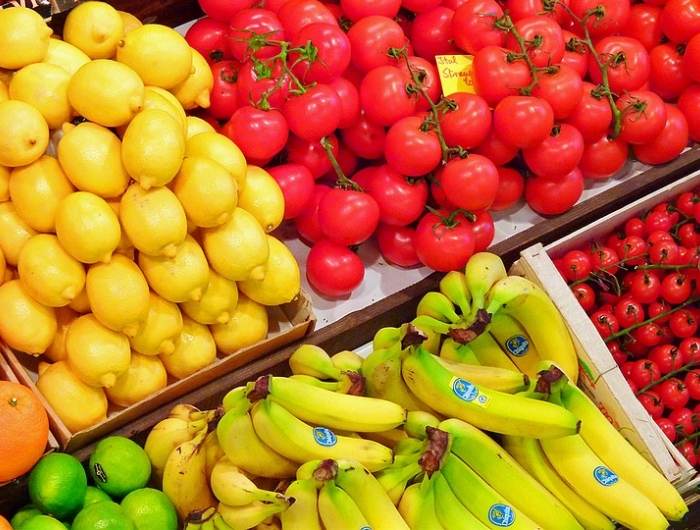Smucker’s spreading deception, says CSPI

“100% Fruit” more like 43%—or less
Smucker’s line of “Simply 100% Fruit” simply isn’t 100 percent fruit, according to the nonprofit food watchdog group, the Center for Science in the Public Interest (CSPI).
In fact, says the group, Smucker’s “Strawberry Spreadable Fruit” is only 30 percent actual strawberries—and 70 percent fruit syrup from apples and pineapples, lemon juice concentrate, pectin, red grape juice concentrate and other unspecified “natural ingredients.” Likewise, its “Blueberry Spreadable Fruit,” again billed as “100 %” fruit, is only 43 percent blueberries. Strangely enough, these so-called “100 % Fruit” spreads actually have less of the advertised fruit than Smucker’s own line of fruit preserves—which by law are required to have at least 47 percent fruit. Stranger still, says CSPI, is the fact that Smucker’s actually charges more for the product with less fruit.
“Smucker’s may have a malleable definition of ‘fruit,’ but consumers buying these products expect 100 percent strawberries or 100 percent blueberries—and not syrup,” said CSPI legal affairs director Bruce Silverglade. “Calling these spreads ‘100 percent fruit’ is 100 percent fraudulent.”
Smucker’s customer relations department told CSPI that “spreadable fruits” must contain less fruit than preserves in order to be spreadable. However some companies sell spreadable fruit products that contain more fruit than is required for preserves. Other brands more fully disclose that they are sweetened with fruit syrups or concentrates.
CSPI today called on the Food and Drug Administration (FDA) to crack down on Smucker’s false labeling, and to require all food companies to declare the percentages of key ingredients on the label. All 15 European Union countries, as well as Australia, New Zealand, and Thailand, currently require some form of percentage-ingredient labeling on food products.
“Smuckers already tells millions of its overseas customers exactly how much fruit is in these products,” said Silverglade. “An American company like Smuckers should be embarrassed that it refuses to disclose the same information to American consumers.”
A United Nations food-standard-setting body, the Codex Alimentarius Commission, is considering new international guidelines for clearer ingredient labeling. The U.S. government, however, has opposed that effort.

